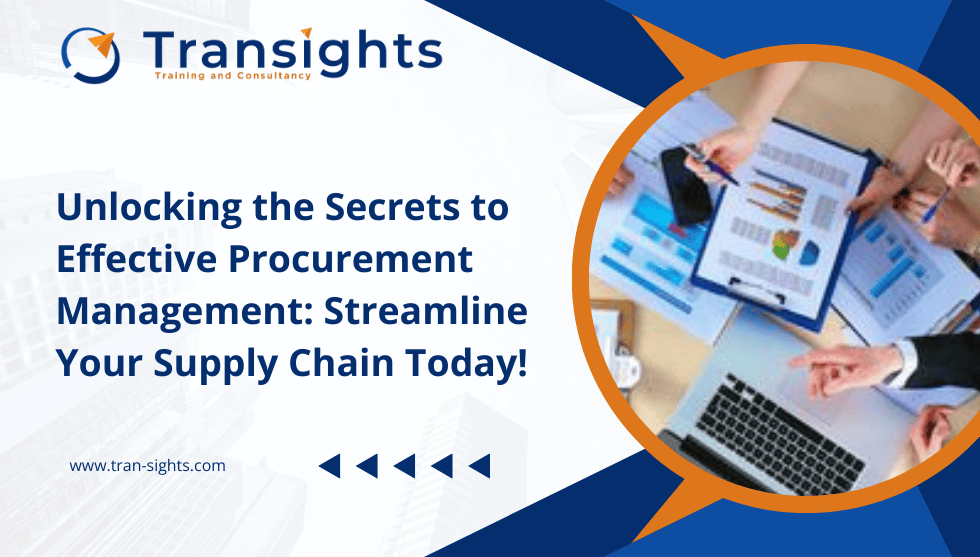
In today's fast-paced business environment, effective procurement management is more critical than ever. Whether you're a small business or a large corporation, the efficiency of your procurement process can significantly impact your bottom line. But what exactly is procurement management, and how can you leverage it to streamline your supply chain?
What is Procurement Management?
What is Procurement Management?
Procurement management involves the strategic process of acquiring goods and services that are essential for business operations. This process includes everything from identifying needs, selecting suppliers, negotiating contracts, purchasing goods, and managing supplier relationships. Done correctly, it ensures that businesses receive quality products at the best possible prices, delivered on time.
The Importance of Procurement Management
The Importance of Procurement Management
Effective procurement management can lead to significant cost savings, improved operational efficiency, and enhanced supplier relationships. Here’s why it matters:
Cost Savings: By negotiating better prices and terms with suppliers, companies can reduce costs significantly. This directly impacts profitability and competitive positioning.
Operational Efficiency: Streamlined procurement processes ensure that materials and services are available when needed, reducing downtime and increasing productivity.
Risk Management: Effective procurement practices include assessing and managing risks associated with supply chain disruptions, ensuring business continuity.
Quality Assurance: By setting and enforcing quality standards, procurement managers ensure that the goods and services purchased meet the company’s requirements, reducing defects and returns.
Key Strategies for Effective Procurement Management
Key Strategies for Effective Procurement Management
Implementing Technology: Utilize procurement software to automate and streamline processes, from supplier selection to payment. Tools like e-procurement systems and supply chain management software can significantly enhance efficiency.
Supplier Relationship Management: Develop strong relationships with suppliers through regular communication and collaboration. This can lead to better terms, increased reliability, and opportunities for innovation.
Data-Driven Decision Making: Leverage data analytics to make informed decisions. By analyzing spend data, market trends, and supplier performance, businesses can optimize their procurement strategies.
Training and Development: Invest in training programs for procurement staff to keep them updated on best practices, new technologies, and industry trends. Certifications like the CIPS Level 4 Diploma in Procurement and Supply can provide a solid foundation for procurement professionals.
Sustainability and Ethical Sourcing: Incorporate sustainability and ethical considerations into procurement practices. This not only enhances brand reputation but also ensures long-term viability by addressing environmental and social impacts.
Conclusion
Conclusion
Effective procurement management is a cornerstone of successful business operations. By adopting strategic approaches and leveraging technology, businesses can achieve significant cost savings, operational efficiencies, and stronger supplier relationships. Whether you're looking to optimize your current processes or completely overhaul your procurement strategy, understanding and implementing these key principles can set you on the path to success.

